Parents, here’s what you can do to enhance your child’s language skills
by on 02/08/2025 ...

Also available in : Bahasa Malaysia 中文版
As parents, one of the best things that we can give our child is the gift of language learning. Language is, after all, the cornerstone of all communication, and it lays the foundation for literacy, which is crucial to help our child navigate the challenges of the world as they grow.
But how do we empower them on this journey, especially in their early years? More importantly, what can be done to make this learning journey more enjoyable? Here are a few pointers.
Start them young
Expose your child to a rich linguistic environment from the beginning. Children have an incredible ability to absorb and process new information in the first few years of their lives–what experts call the ‘critical period of development’. In this phase, their minds are highly adaptable to change, making it the ideal window for language learning.

If you’re worried about burdening your child by teaching them two languages at once, fret not: research has shown that bilingual kids have improved self-control and problem-solving skills—traits attributed to improved cognitive flexibility, since the brain must ‘choose’ which language to activate.
Read together
Reading with your child is one of the most powerful ways to foster language development, as it not only introduces new vocabulary, but also helps them to understand the structure and rhythm of language. Choose age-appropriate materials with colourful pictures and engaging stories to capture their interest. Picture books, nursery rhymes, and authentic stories are excellent choices for young children.

This not only makes reading more enjoyable but also reinforces their understanding and encourages them to express themselves. Discussing what they’ve learned from the story helps to improve comprehension and critical thinking skills.
Play language games
Turn language learning into a game to make it both fun and educational. Flashcards are an effective tool for practising vocabulary, as well as matching games and memory games.
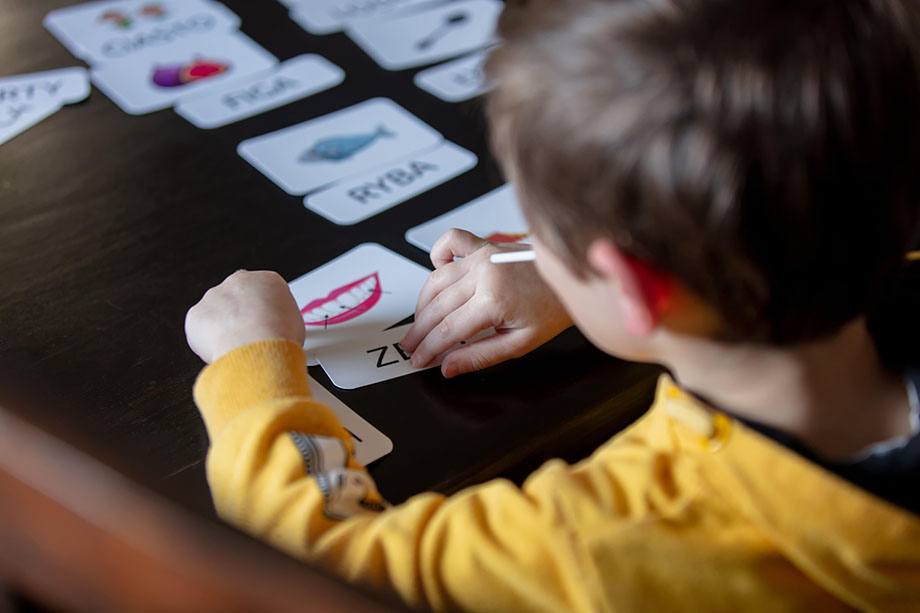
Charades is another fantastic game that can help with language development. Acting out words and phrases encourages children to think about the meanings and physical representations of words. For example, you could act out the word “jump” and have your child guess the action, helping to enhance their understanding of verbs and adjectives.
Lead by example
Children learn a great deal by observing and imitating the adults around them, which is why it’s essential to create a positive learning environment for them. Use clear and correct language, as well as full sentences, so that they learn proper language use, and avoid baby talk.

Engage your child in conversations throughout the day, whether it’s narrating your actions as you go about your routine, or describing what you see during walks. This constant exposure to language in context facilitates their understanding of how words are used whilst encouraging them to try them out for themselves.
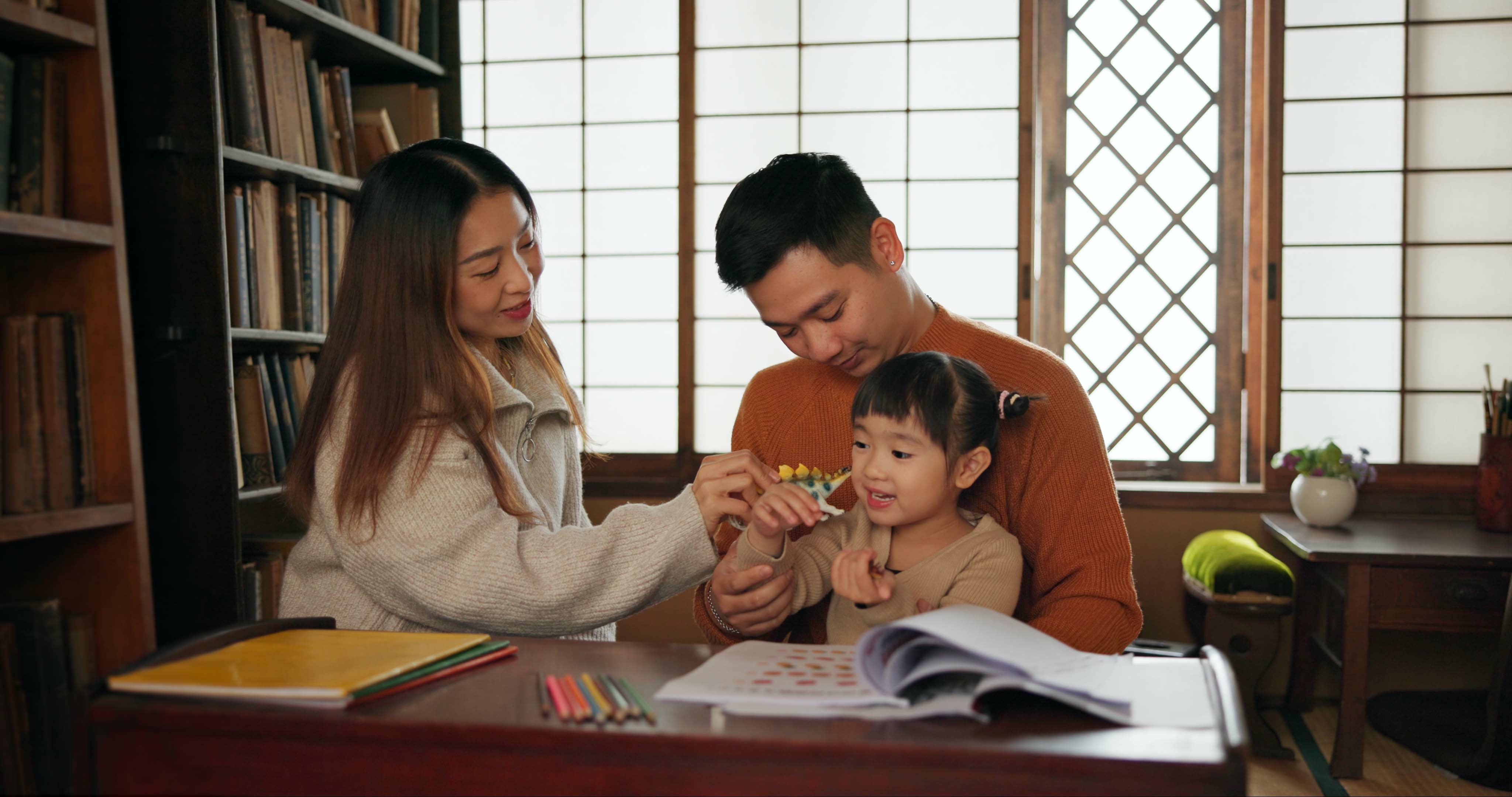
It’s important to remember to be patient and encouraging. Language development is a gradual process, and each child progresses at their own pace. Celebrate their milestones, no matter how small, and provide positive reinforcement to boost their confidence.
Use technology

Technology is an invaluable tool in providing additional support for language learning. Look for educational e-learning programmes that are designed specifically for young children, as well as those that incorporate games, songs, and interactive activities, so your child can participate actively in their own learning.
Kickstart your child’s learning journey
First Steps from Phonics to Reading from Marshall Cavendish Education offers a unique 3-level, story-based English language programme tailored for children aged four to six, which aligns with international syllabi, including Malaysia’s.
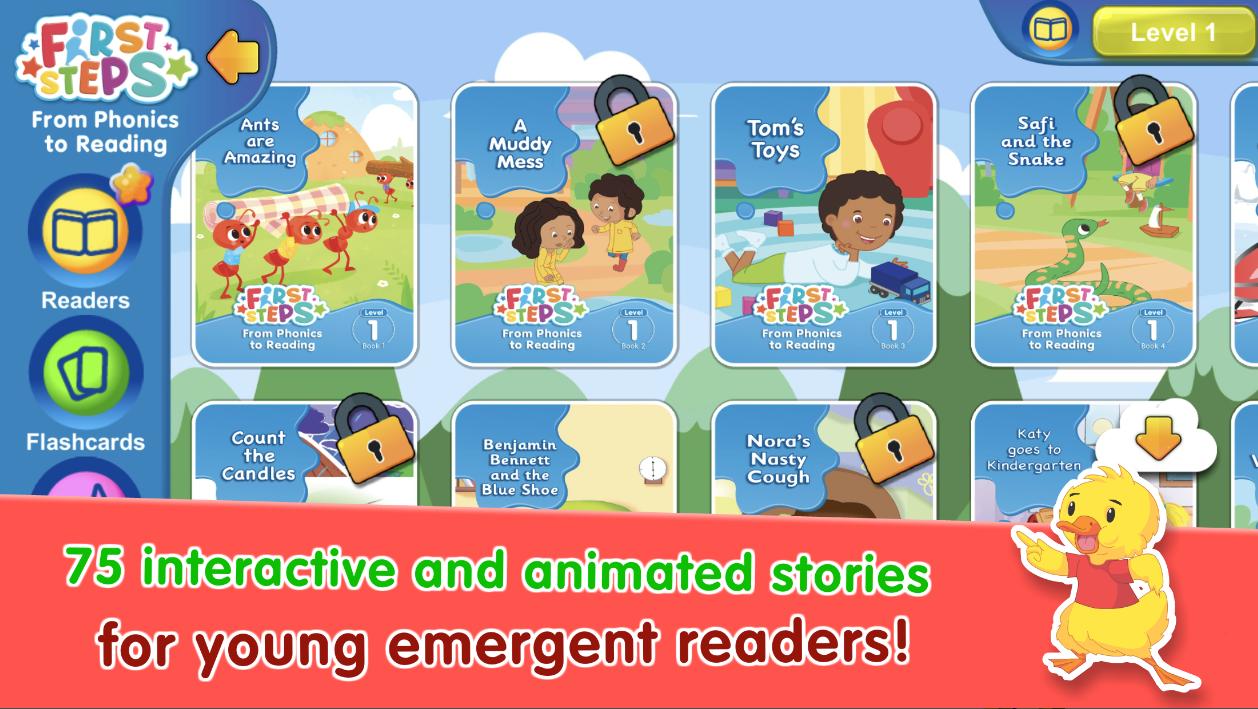
Centred around an immersive collection of 75 authentically crafted stories, it provides a playful and interactive way to help young learners hone their reading, writing, speaking, and listening skills, with features such as:
- Original songs and stories filled with colourful visuals to keep children engaged
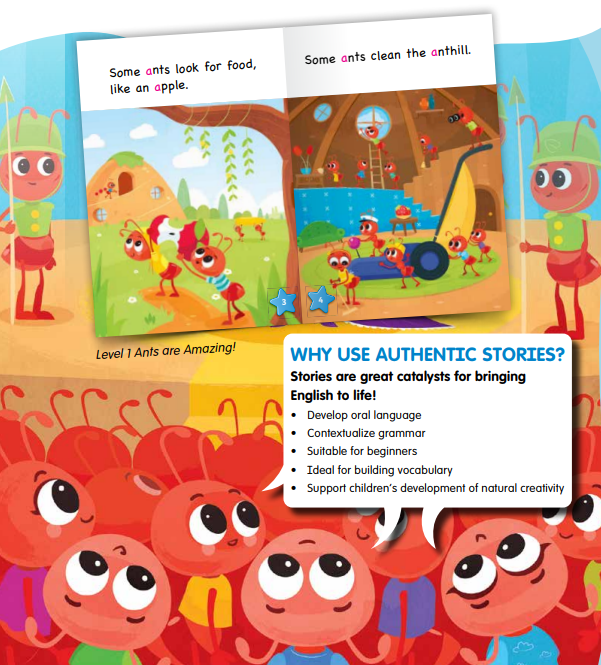
- 400 Flashcards accompanied by audio, so children can learn to associate the sound with a corresponding word and image
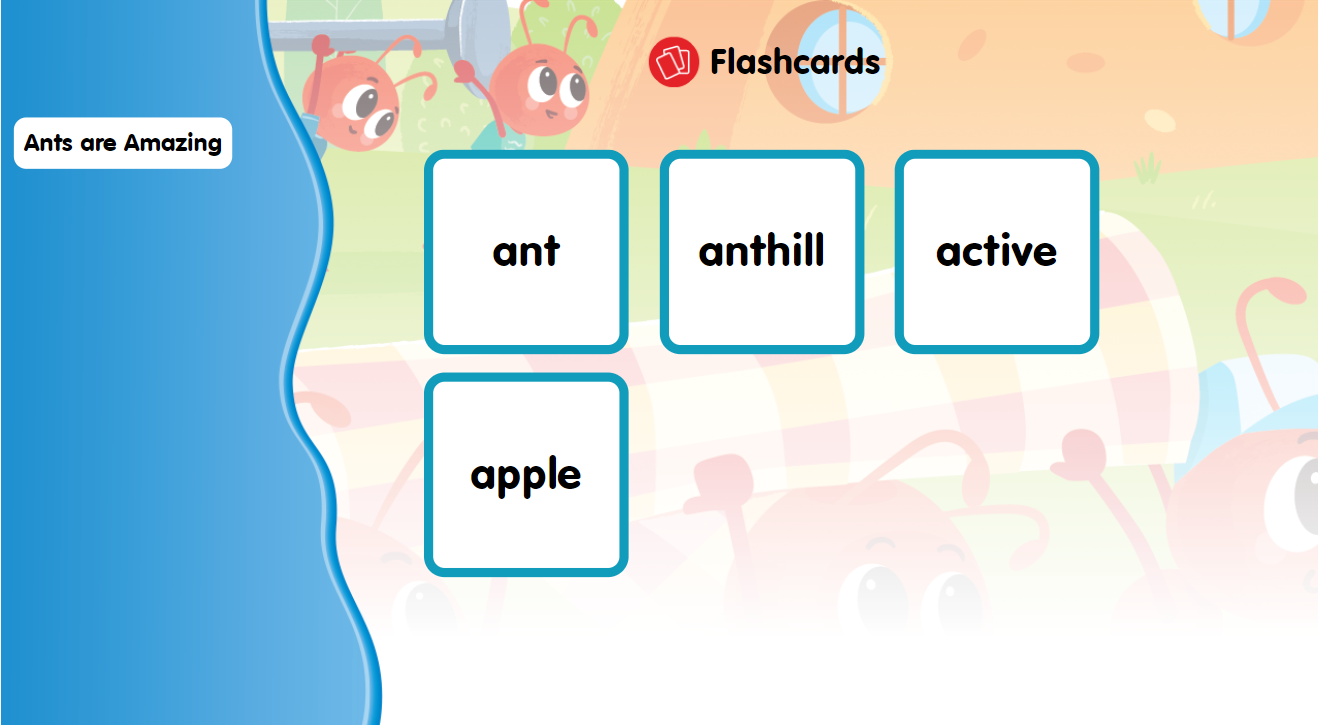
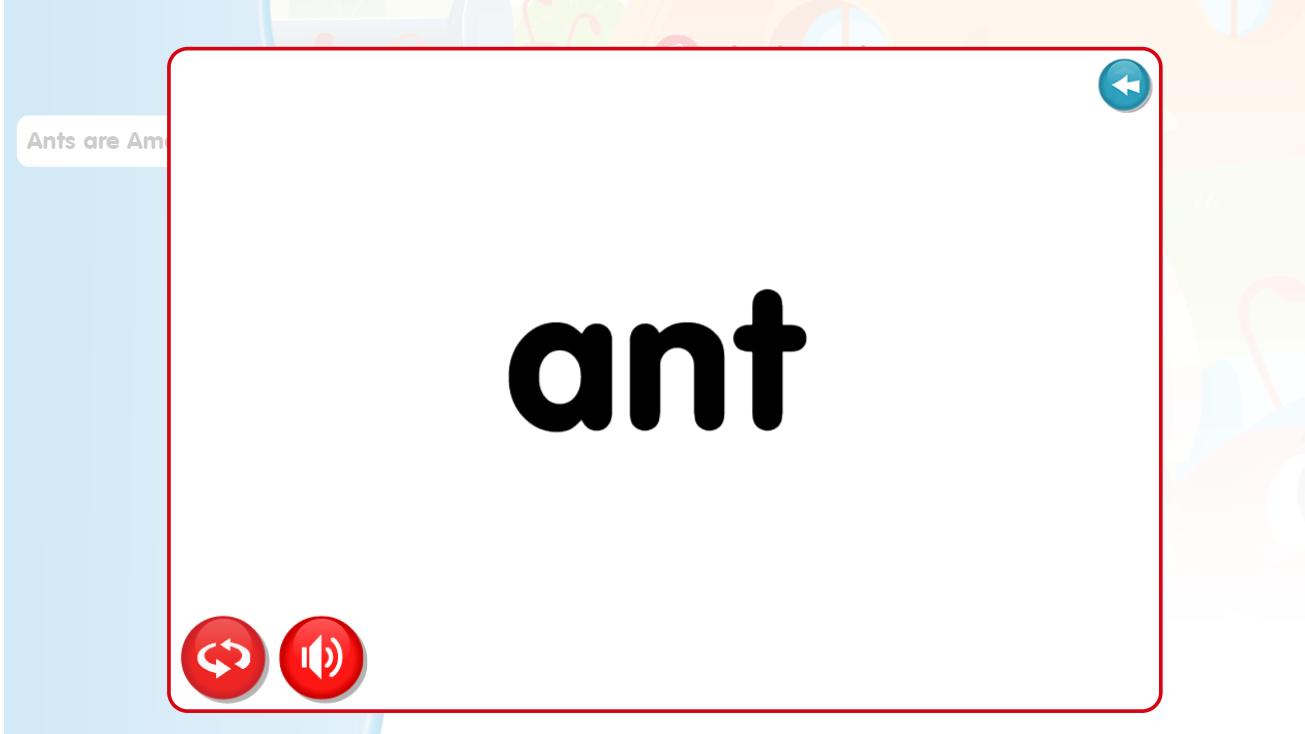
- Highlighting words to be read, to visually connect a spoken word with its written form, strengthening their understanding and phonemic awareness
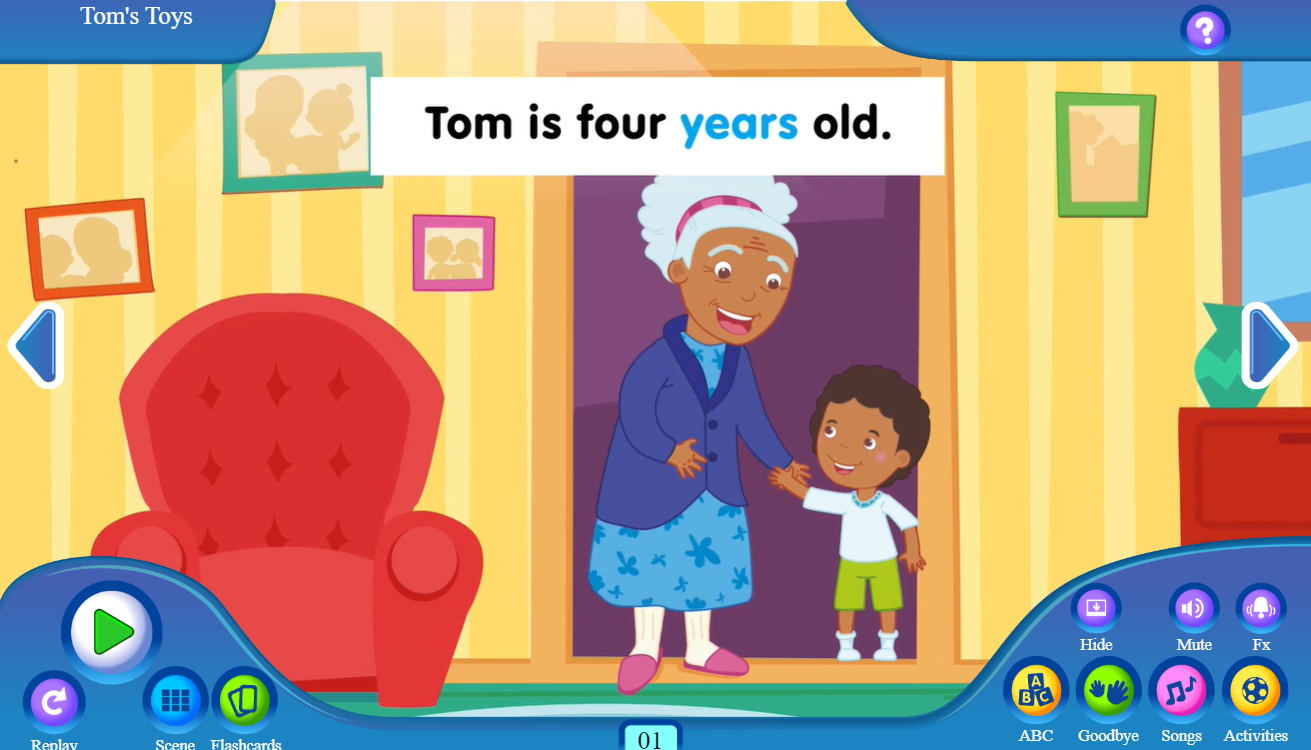
- 600 activities for children to practise
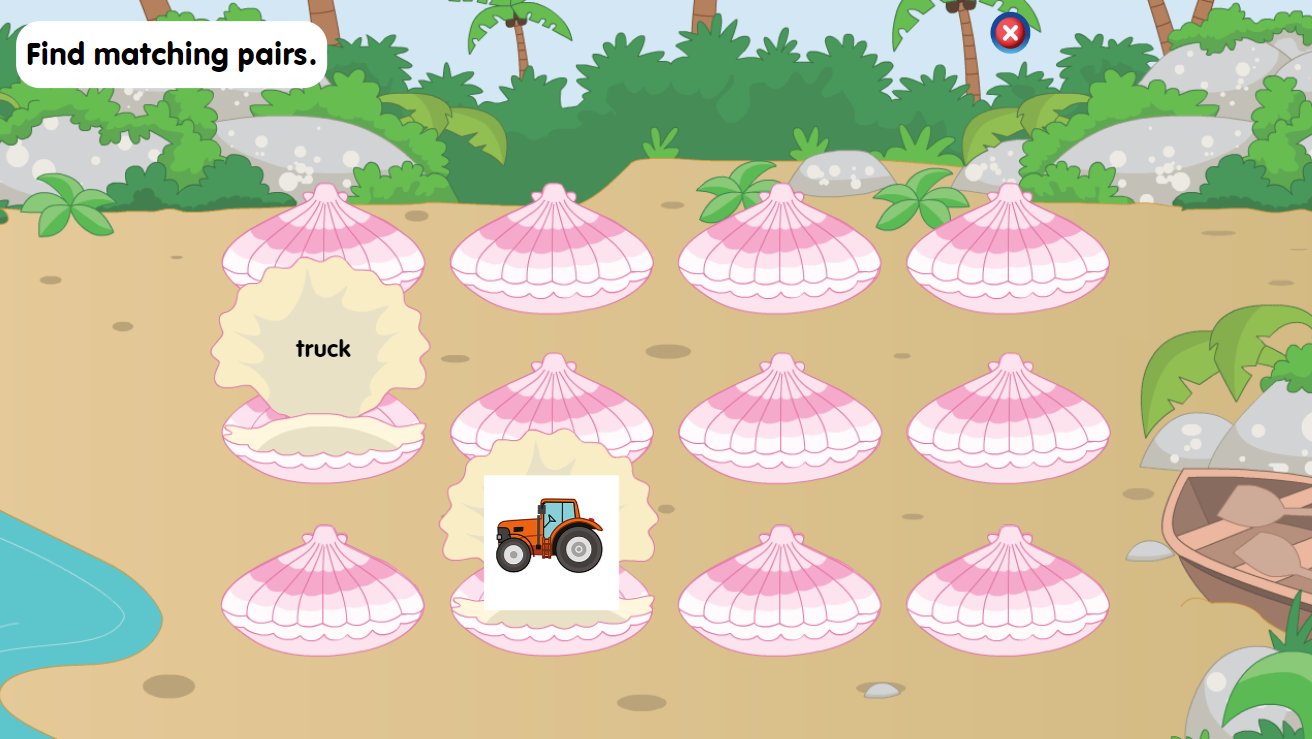
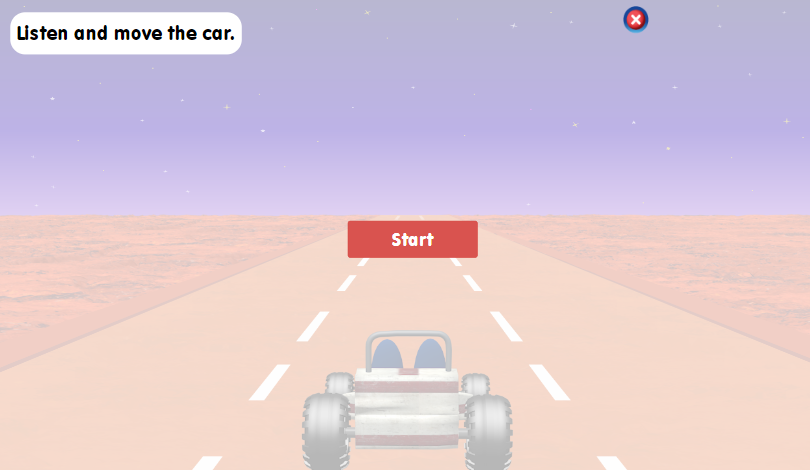
What sets the programme apart is its distinct Social and Emotional Learning (SEL) focus, helping children to understand and respect themselves, others, and the world around them.
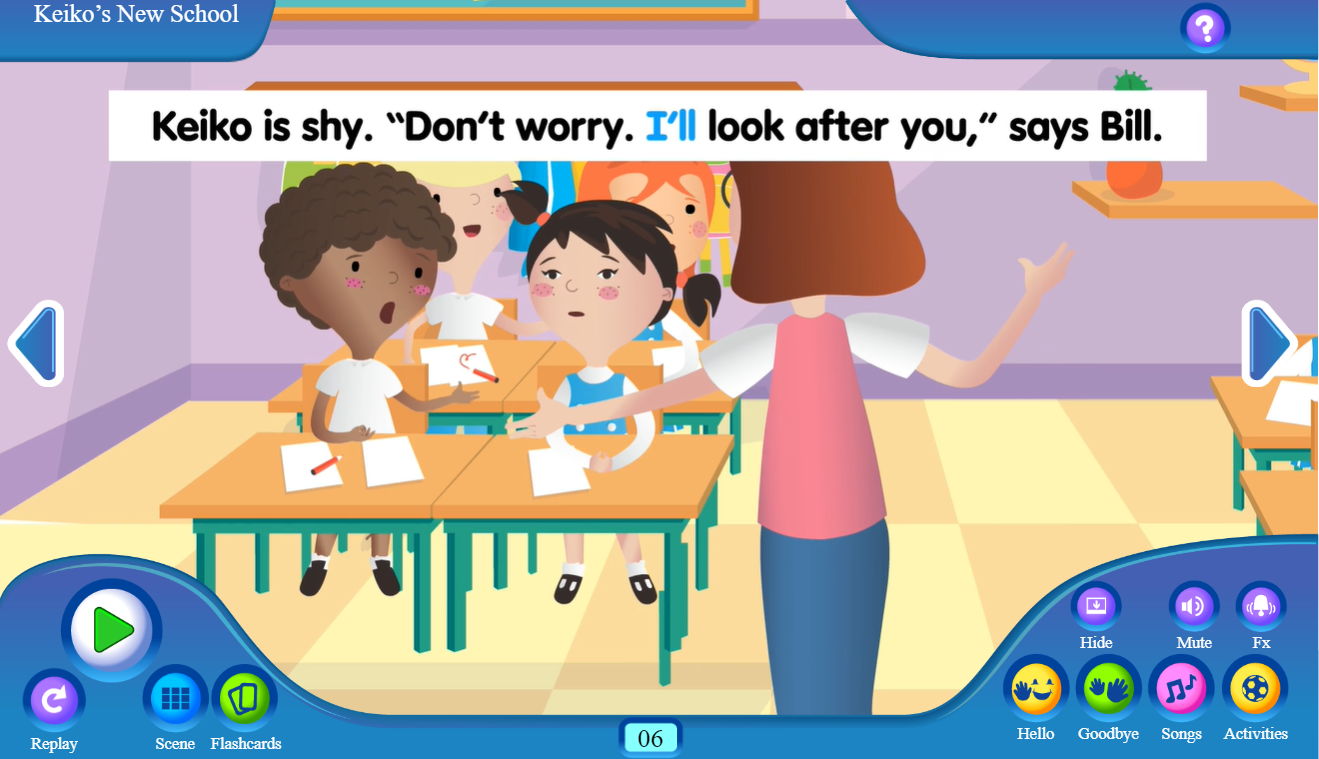
By nurturing their curiosity and cultivating their problem-solving skills, First Steps from Phonics to Reading equips children with the skills they need to succeed in the future.
Get First Steps from Phonics to Reading from Kalodu.
Kalodu is a one-stop shop for the best digital learning experience. You may also find digital learning products from supplementary learning resources, eStories or subject-based materials for Preschool, Primary and Secondary school children. Popular digital learning products such as Grammar Rule!, English/Chinese Oral Buddy, Caterpillar Series, or Xue Le Wang《学乐网》can be now found on Kalodu.

































